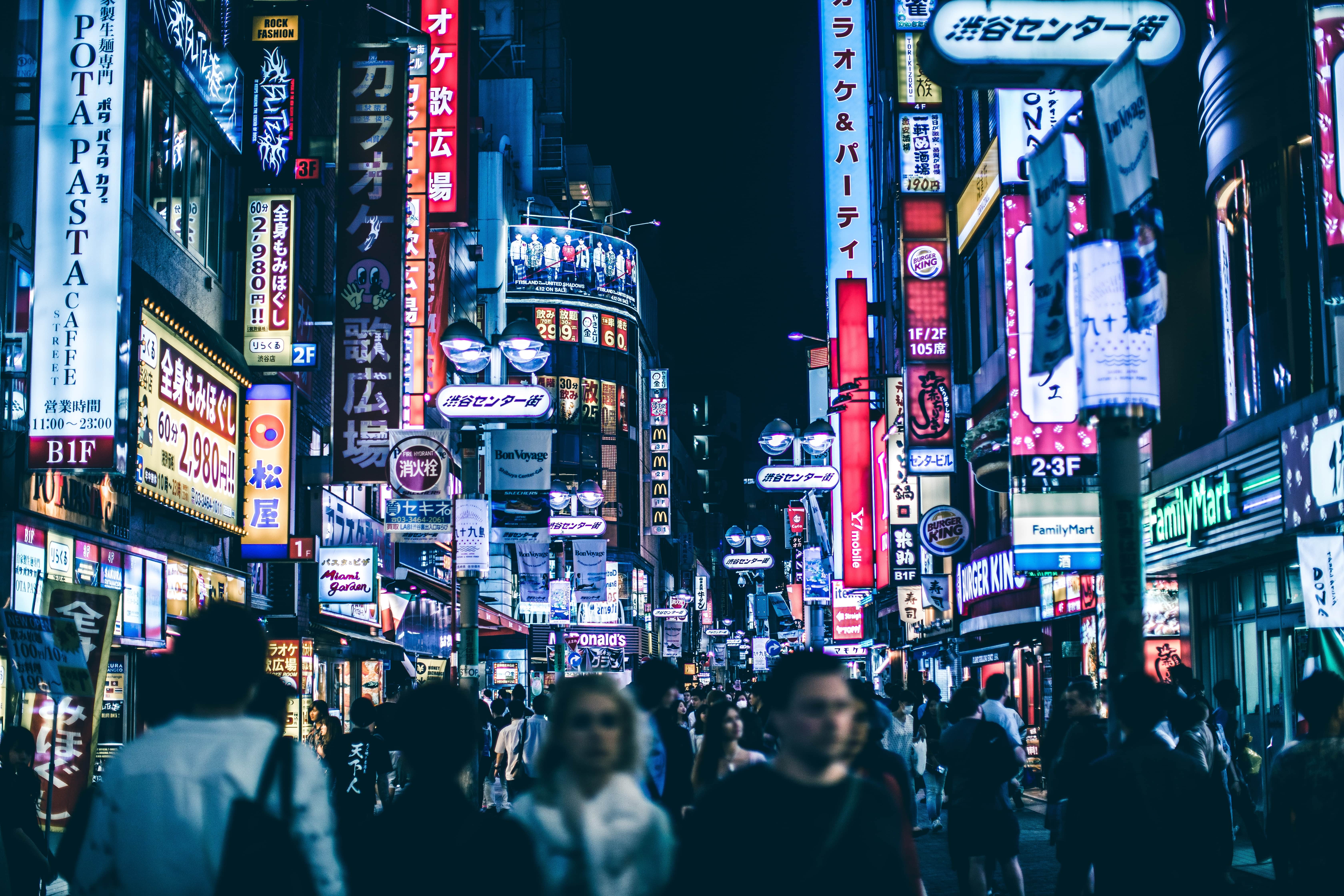There’s a deep desire in us all to be remembered. If not by millions
But the ways in which we create memories are changing.
The physical gesture is being replaced by the digital spectacle. Stories passed down through memory and at most, a picture or two, are now exclusively documented thoroughly through digital means (pictures, videos, and posts).
Just think about times you get together with family or friends today. I’d bet a boatload of money that the person who commands the conversation is the one with a spectacular video or an awesome picture to show.
This isn’t to say that stories are dying. But, they seem to not have the same effect if not accompanied by digital proof.
This cultural change is a result of how easy it is to capture moments with our smartphone cameras. Almost to the point where we feel guilty if a memorable moment passes without us capturing it, thinking to ourselves, “Am I cheating others from ephemerally experiencing this moment as well?”
We often chastise Gen Y and Gen Z for this reason. That they are living through their phone cameras – every moment captured and sent via Snapchat taking away from living. But, they might actually be on to something.
Snapchat, whose users send pictures and videos that quickly disappear, may be the catalyst for imbuing meaningfulness back into photography in a new way.
Stephane Lavoie, Future Human
Stephane’s theory is based on this insight:
… ephemeral photography was a cultural response to photographic abundance. The temporary photograph inspires memory because it welcomes the possibility of forgetting. … the photo becomes something more prized and conversational.
Nathan Jurgenson, The Social Photo
Where we generally think that the over-creation of photos is taking away from a photographs worth. It actually may be the temporary nature of where we share them that causes us to remember them and create more meaning around them.
This is a very interesting (and probably unpopular) opinion on where social media and abundant photography are taking us.
Nonetheless, I do not believe this takes away from the steadfast way of being remembered: through our actions – good, evil, or artistic.
